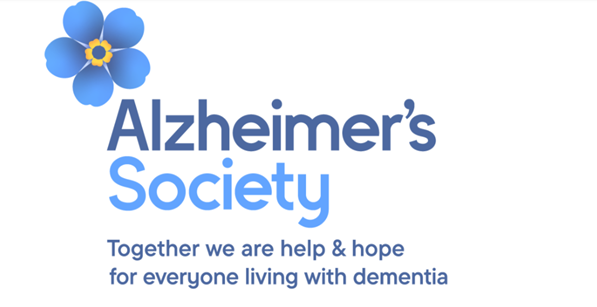Alzheimer’s Society awards £2 million to tackle healthcare inequalities for people living with dementia
An award of £2 million from Alzheimer’s Society will fund groundbreaking research to tackle healthcare inequalities and improve access to care for people living with dementia in the UK. The grant will fund the GRACE (Goal-directed Accessible, Equitable, evidence-based post-diagnostic Care) Better Dementia Care for Everyone programme, to be led by WIPH researchers Claudia Cooper and Jessica Budgett. The programme will ensure that good quality, evidence-based care is available routinely for people living with dementia in the UK, starting in areas with the highest needs.

Of the one million people living with dementia in the UK, over a third do not have a diagnosis, and so cannot access the support, care and treatments they need. An Alzheimer’s Society commissioned report has highlighted 110 healthcare inequalities faced by people living with dementia (28 specifically affecting carers), including gender, financial pressures, health and well-being.
The GRACE programme, starting in Spring 2026, will adapt existing resources to ensure that they are accessible for under-served groups, for example, considering language barriers, and culturally appropriate care. The research team will explore how the care programme can support people living with dementia in areas with among the worst national levels of health inequalities, working initially in Belfast, Humber and North Yorkshire, North East London, and Kent and Medway. Working with people living with dementia and their families in these areas, the researchers will uncover the unique barriers they face when seeking support.
The new programme follows the NIDUS-Family programme (also led by Professor Cooper, and funded by Alzheimer’s Society), a package of care and support focusing on practical changes people can make, which can be delivered to the person with dementia and family carer together, or the family carer alone, by phone, video-call or in person. Trials show that family carers and the people with dementia they supported who received the intervention were significantly more likely to achieve the goals they set than those receiving usual care over a year. NIDUS-Family is also the first personalised care and support intervention to demonstrate cost-effectiveness from the perspective of the quality of life of people with dementia. People with dementia who took part cost the NHS and social care a third less over one year than people who did not receive the additional help.
The GRACE project will:
- Translate versions of NIDUS-Family, an online course and booklets which help family carers to support people living with dementia to remain living independently at home.
- Adapt modules within NIDUS-Family to support people caring for loved ones with learning disabilities, as well as dementia.
- Create a new module to help carers navigate moving their loved one into a care home. This can be an emotional time, particularly for minoritised groups, including those who don’t speak English.
GRACE programme lead, Professor Claudia Cooper said: “This opportunity to roll out our suite of psychological support programmes to people with dementia and their families living in some of the most deprived areas across the UK, where health inequalities are highest, is so important. It is a huge challenge, but working alongside Alzheimer's Society, people affected by dementia, and the NHS, we can transform how family carers and people with dementia receive support after a diagnosis.”
Fiona Carragher, Chief Policy and Research Officer at Alzheimer’s Society, Fiona Carragher said: “Dementia hits hardest where health inequalities run deepest. No one must be left behind. That’s why we’re funding research like the GRACE programme, which will bring much-needed support to underserved communities that historically haven’t had easy access to good dementia care. We must continue to work together to tackle health inequalities barriers. It will take a society to succeed.”